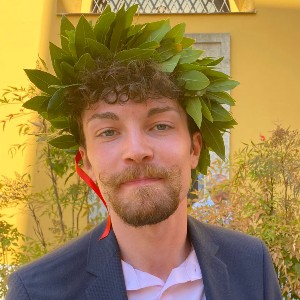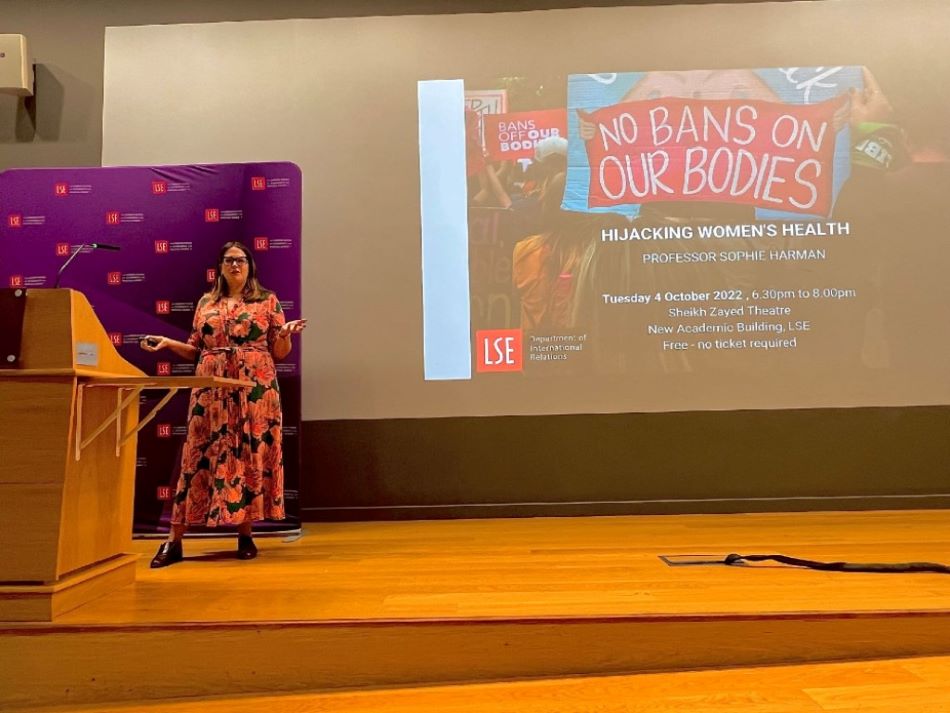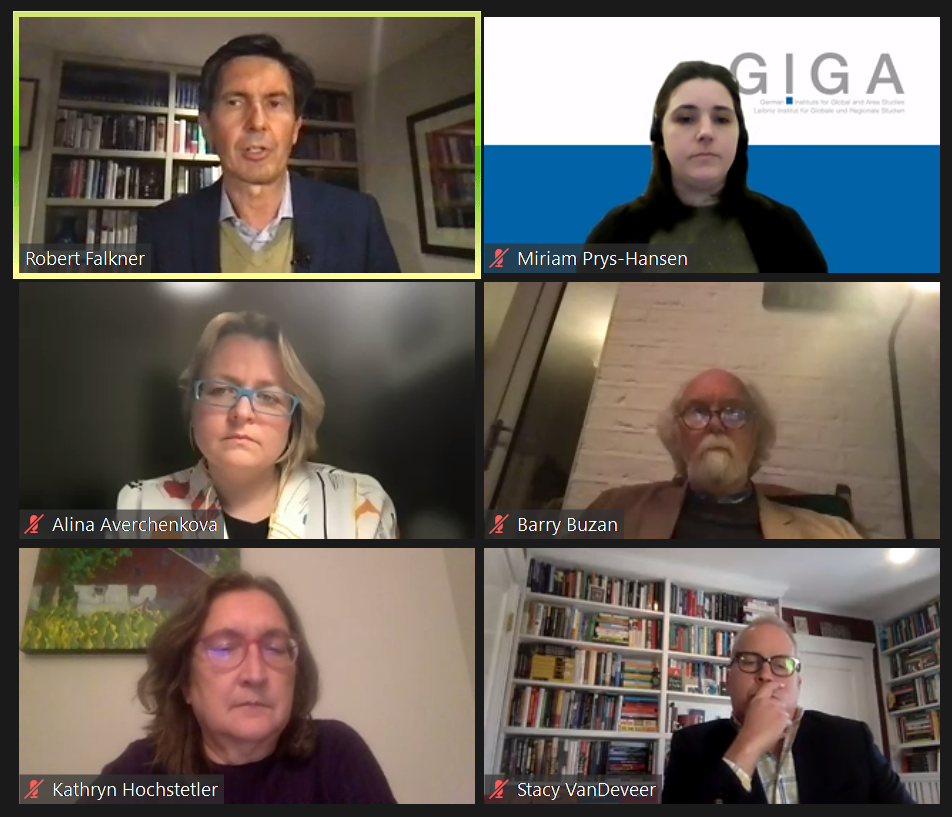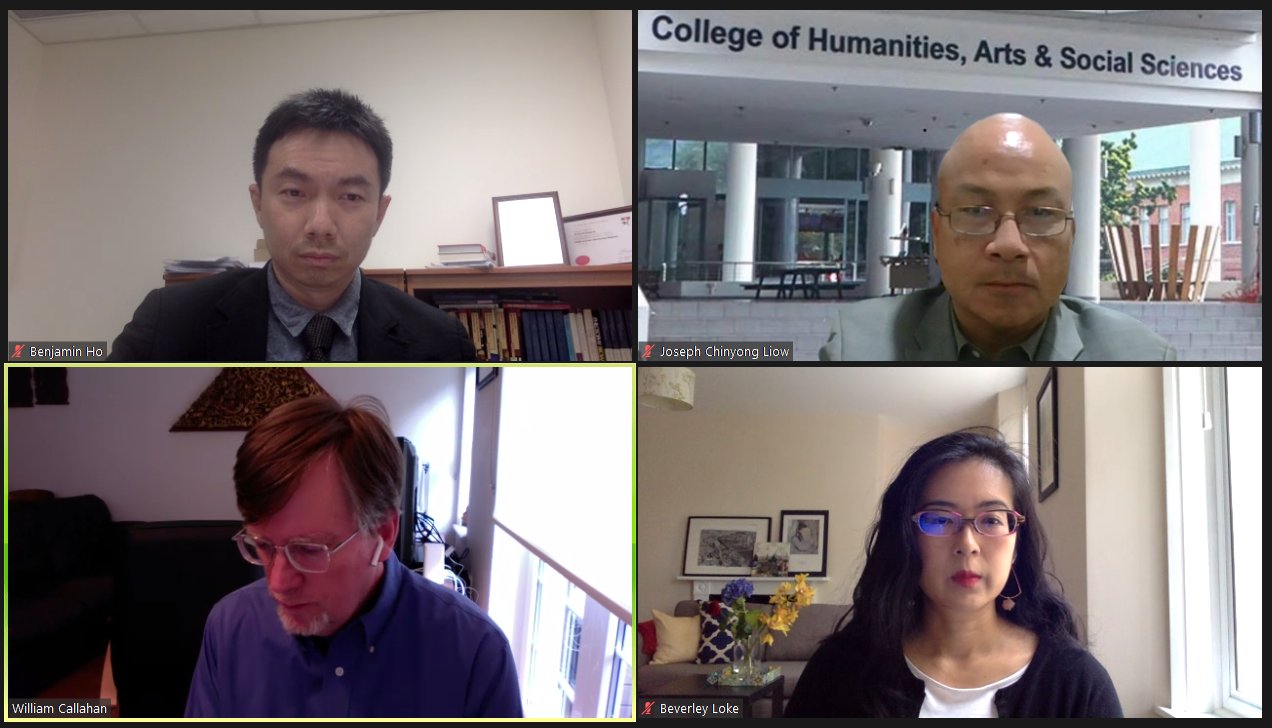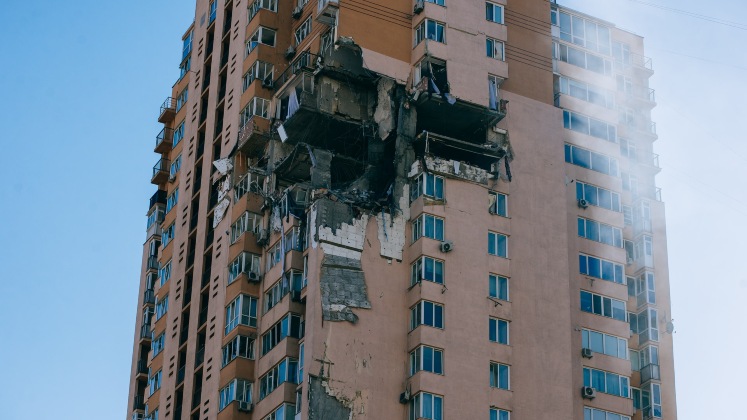On Tuesday 25 October 2022, Arancha González, Dean of The Paris School of International Affairs (PSIA), Sciences Po, gave a talk about the stress the current international order is suffering from climate change, major technological advances and more assertive authoritarian regimes (eg the war in Ukraine). She looked at the forces shaping the new international order, and how can it be shaped for people, the planet and shared prosperity.
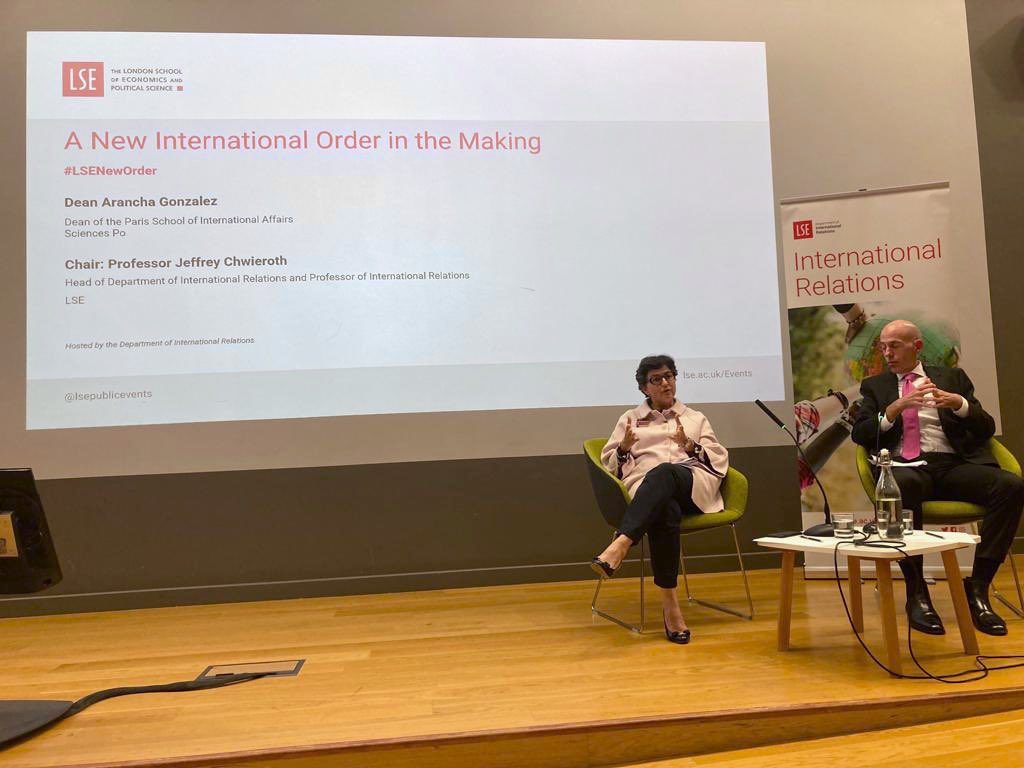
During the event “A new International Order in the Making”, Dean González emphasised the importance of the international system built after the end of World War II and embodied in the UN Charter. Over the course of history, this order has withstood many challenges, like the Cold War, the 2003 American invasion of Iraq and the 2008 financial crisis. Currently, this system is facing probably the two biggest challenges: the Russian aggression of Ukraine and the US-China race for a new global order.
However, as emphasised by Dean Gonzáles, there are two more pressing challenges humanity is facing: namely, the climate crisis and the risk of nuclear proliferation. What is needed, according to the speaker, is stricter international cooperation, one which must be able to be more proactive and pragmatic and in which non-state actors must play an important role. Ultimately, what is needed is the re-establishment of trust in international affairs, in order to preserve an order which has guaranteed peace for more than 70 years.
Ultimately, what is needed is the re-establishment of trust in international affairs, in order to preserve an order which has guaranteed peace for more than 70 years.
In the second part of the event, the audience posed many challenging questions to Dean Gonzáles. What the speaker emphasised is the role that international organisations, especially those at a regional level, must play to address the new challenges of this age. However, one cannot forget that the contemporary order is the one that states created and wanted: consequently, change must come from them, from their domestic dynamics driven by public opinions. They must be able to create an international architecture able to welcome the needs of the most vulnerable states. Finally, the EU has been cited as one of the main drivers of this change: namely, the EU must take responsibility and act as an international leader on climate change and build a common foreign and security policy to act independently in the international arena.
It is not clear how alternative ideas coming from the non-West could play a role in it, or whether alternative world views other than Western ones could ever be integrated into the renovated, envisaged order.
Overall, according to Dean Gonzáles, the contemporary order, even with all its defects and negative aspects, must be preserved and strengthened in order to guarantee peace. However, it might be noted that the imagined international architecture is still rooted in Western ideas and experiences. Particularly, it is not clear how alternative ideas coming from the non-West could play a role in it, or whether alternative world views other than Western ones could ever be integrated into the renovated, envisaged order.
Event report by Lorenzo Rezzonico, MSc International Relations (Research)
